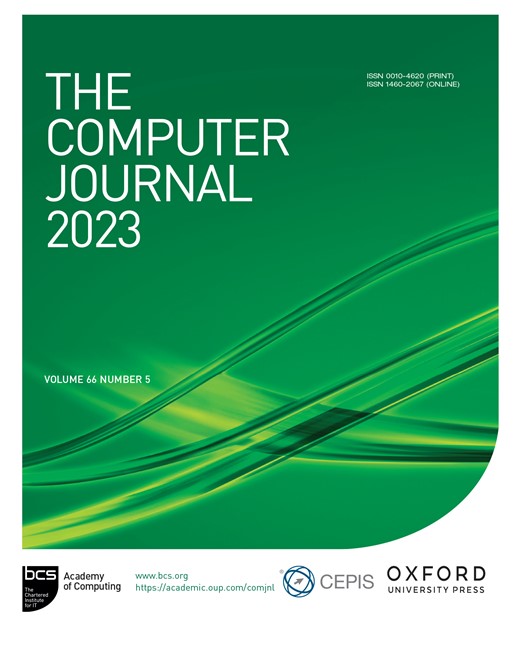-
Views
-
Cite
Cite
Mona Mosa, Nedaa Agami, Ghada Elkhayat, Mohamed Kholief, A Novel Hybrid Segmentation Approach for Decision Support: A Case Study in Banking, The Computer Journal, Volume 66, Issue 5, May 2023, Pages 1228–1240, https://doi.org/10.1093/comjnl/bxac009
Close - Share Icon Share
Abstract
Improving decision-making has become of paramount importance for gaining a competitive edge across organizations. Segmentation/clustering is a key enabler for enhancing decision-making. The RFM (Recency, Frequency and Monetary) is a scoring model, which consists of three parameters that is widely used for the same purpose, especially for customer-centric organizations. However, the current RFM still has some drawbacks that diminish the effectiveness of decision-making and thus, research is still needed in this area. In an attempt to fill this gap, a novel data-driven weighted model is proposed. It introduces a new parameter; ‘Adoption’, to be added to the existing RFM parameters. The research contribution is extended to hybrid the proposed model with a clustering technique to segment data into distinct and meaningful groups or clusters. The hybrid model was applied on real bank data as a case study to enhance the usage of its digital channels. The results showed that bank customers were grouped into four distinct clusters. The bank stakeholders were able to identify the characteristics of customers and develop their relevant strategies accordingly. The developed model was evaluated by measuring its stability and robustness from both scientific and business perspectives.




